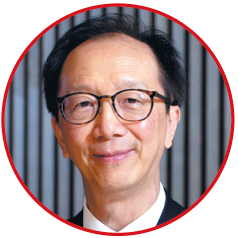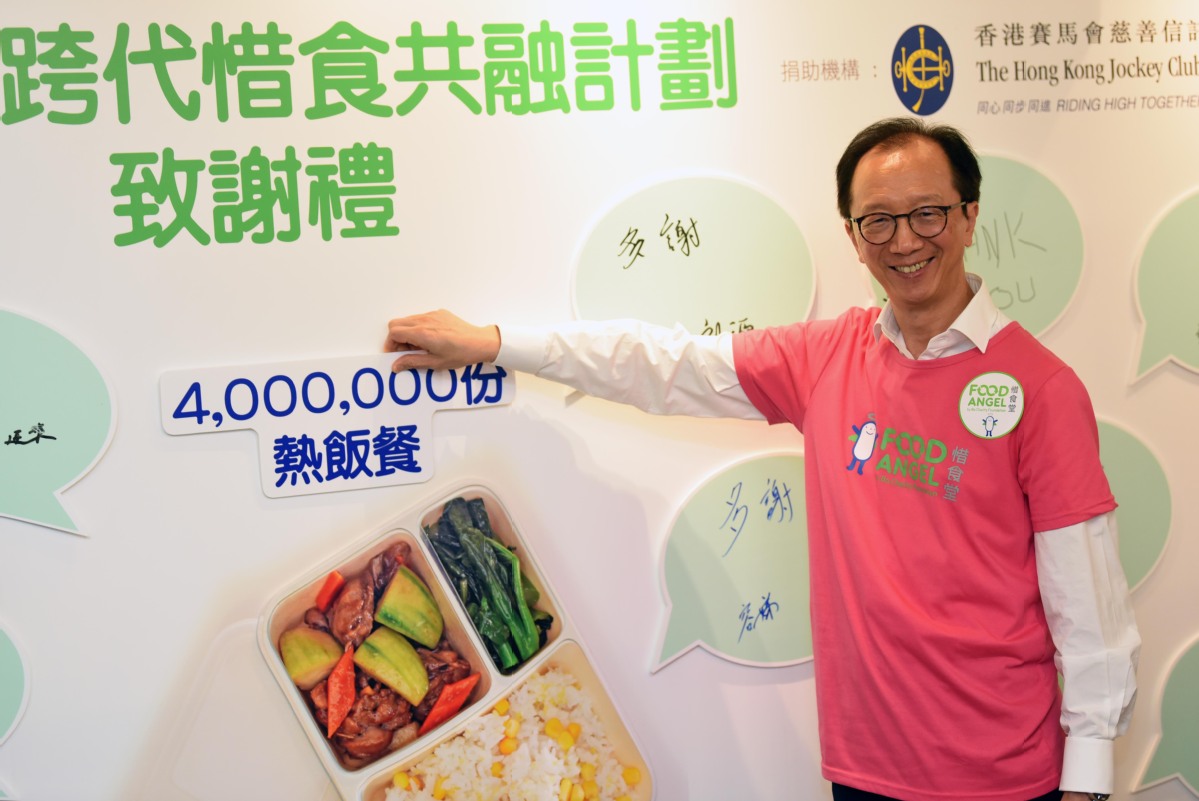
Jan 29, 1952, in Hong Kong
EDUCATION:
1973: Bachelor of social sciences, economics and statistics, University of Hong Kong
1982: Management development program, Harvard Business School
1999: Advanced management program, Harvard Business School
CAREER:
1973-96: Currency trader and regional manager in New York and across Asia, Citigroup
1990-98: Chairman, Hong Kong University Grants Committee
1996-2001: Head of Greater China and the Philippines, Chase Manhattan Bank (now JPMorgan Chase)
1997-2001: Non-official member, Hong Kong Executive Council
1998-2001: Chairman, Hong Kong Education Commission
2000-01: Chairman in Asia-Pacific, JPMorgan Chase
2001-03: Financial secretary, Hong Kong
2007-14: Senior managing director and chairman for Greater China, The Blackstone Group
2014-present: Chairman and CEO, Nan Fung Group
2016-present: Co-founder and chairman, New Frontier Group
The banker who helped build Greater Bay Area

Leung wanted to explore market potential on the west coast of the Pearl River Estuary so as to open new doors for Hong Kong and solidify the city's standing as a financial and trade hub.
"We asked a professor at The University of Hong Kong to do the research, to learn why cities on the east coast of the estuary like Shenzhen and Dongguan were developing faster than those on the west coast," he said.
"The answer proved to be simple," Leung said. "Hong Kong." The SAR was an all-important gateway and growth engine for the whole country after opening-up. Hong Kong also supplied the capital for economic development on the Chinese mainland.
"Foreign and Hong Kong investors were most attracted to the locales within three hours of Hong Kong," he added.
Leung also had the concept of the Bay Area in mind. During his time as a senior Citibank executive, Leung had been going to New York every year since the 1970s, and he thought the lifestyle in Hong Kong should be similar to that in other metropolises, like Manhattan in the New York Bay area.
Most people work in Manhattan, but live in the suburbs of New Jersey or Long Island, where housing conditions are better.
"Then I thought, Hong Kong should be the same," he said. "Hong Kong has only about 1,000 square kilometers of land area. Our suburbs should be the surrounding areas in the delta, including the west... So we needed the bridge and the high-speed rail."
Tung put forward Leung's two proposals in his policy addresses in 2001 and 2003. Soon, the central government supported the ideas. Both projects became a reality, and went into operation this year - the 40th anniversary of reform and opening-up.
"The only thing I didn't foresee was that it would take over 15 years to finish the projects," Leung said. "I think Hong Kong should learn the reasons for that, or we will be too slow to catch up to the current state of development."
Leung attributes his successes in financial world to being Chinese in a city well acquainted with the ways of the rest of the world.
He said Hong Kong's pathway to success is to learn everything possible about the motherland, while enhancing Hong Kong's traditional ties. He said that message applies especially to the city's youth, who should keep "an open mind" about the future.
Then the Belt and Road Initiative, which complements the development of the Bay Area, will offer untold opportunities, he said.


